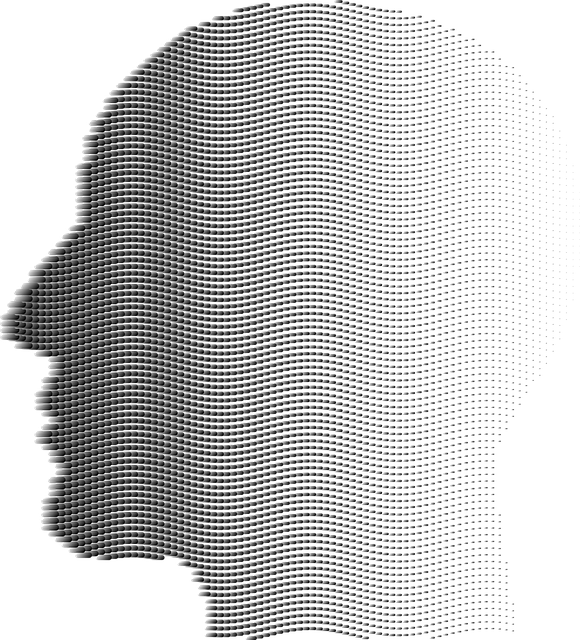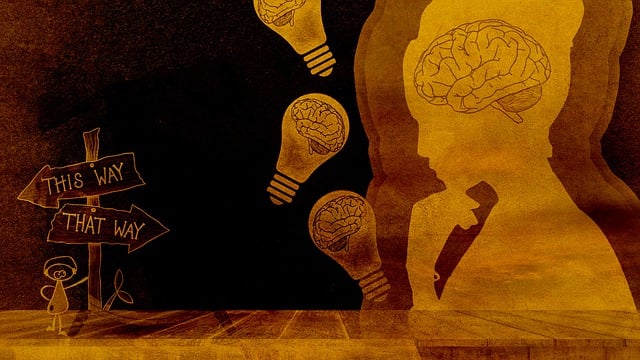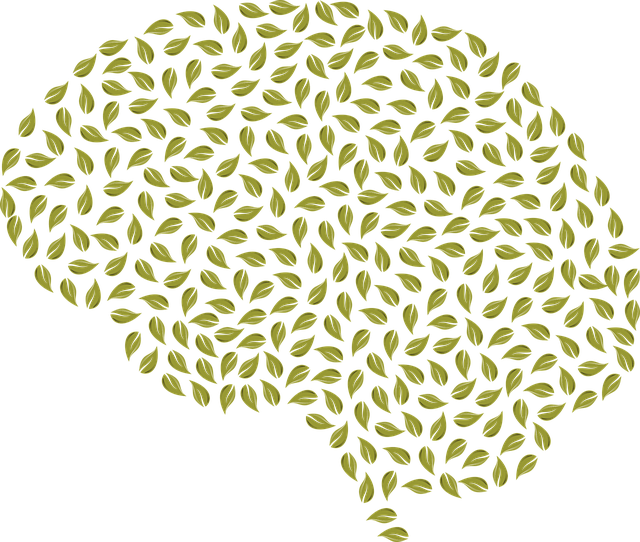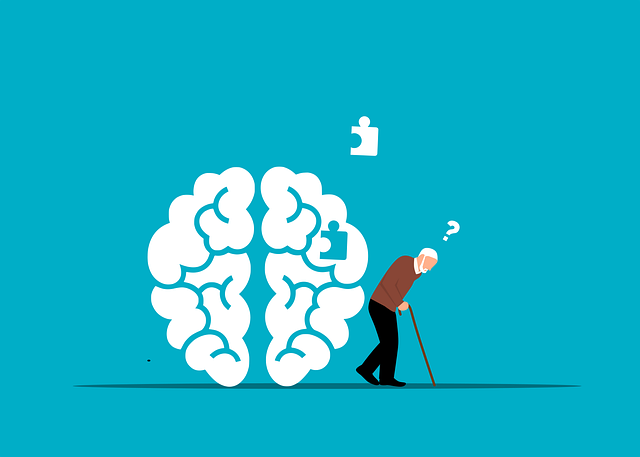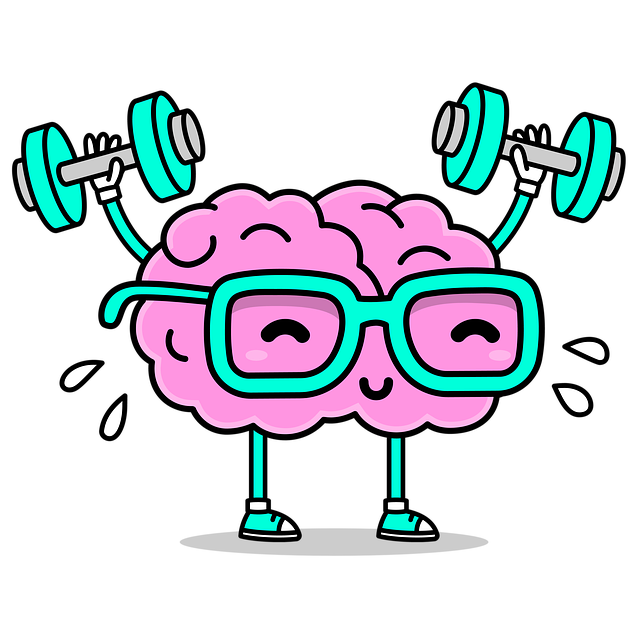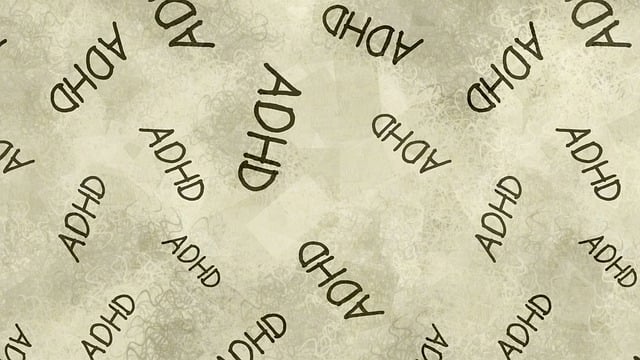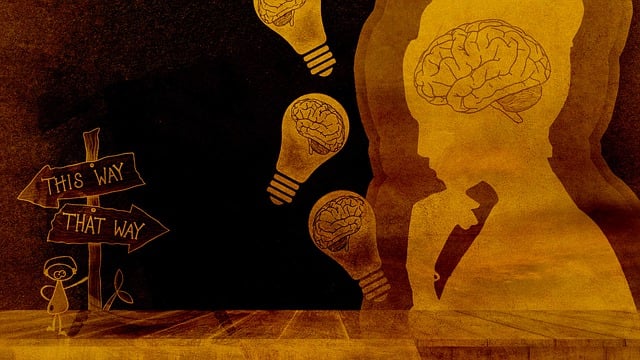Elder trauma presents unique challenges, with complex emotional responses from life experiences, physical limitations, isolation, and cognitive changes. Tailored therapy approaches are needed, focusing on anger management, a common issue as elders internalize or externalize traumatic memories, leading to irritability. CBT proves effective in helping seniors identify triggers, challenge negative thoughts, adopt healthier coping strategies, and transform anger into constructive outlets. Public awareness campaigns break stigma around elder mental health, while comprehensive supportive services, integrating diverse therapies like anger management, enhance quality of life by addressing underlying issues and teaching effective coping mechanisms.
Trauma support services are crucial in addressing the unique challenges faced by elders, who often experience hidden wounds from past traumas. This article explores three key areas: understanding elder trauma, its distinct impact on anger management in older adults, and developing comprehensive supportive services for their optimal healing and well-being. By examining these aspects, we aim to enhance access to effective therapy for elders, focusing specifically on anger management strategies tailored to their needs.
- Understanding Elder Trauma and Its Unique Challenges
- Providing Effective Therapy for Anger Management in Elders
- Building Supportive Services for Optimal Healing and Well-being
Understanding Elder Trauma and Its Unique Challenges

Understanding elder trauma is crucial as it presents unique challenges within the context of support services. Elders, having lived a significant portion of their lives, may experience complex and profound emotional responses to traumatic events. Unlike younger individuals, they often face additional complexities such as physical limitations, social isolation, and cognitive changes that can impact their ability to process and cope with trauma. These factors necessitate tailored approaches in therapy for elders, focusing on their specific needs and circumstances.
One prominent challenge is the manifestation of trauma through anger management issues. Elders may internalize or externalize their traumatic experiences, leading to heightened anger or irritability. Incorporating self-care practices and mood management techniques into therapeutic interventions can be beneficial. Emotional regulation strategies, tailored to elders’ lives and experiences, can help them process traumatic memories and emotions in healthier ways, ultimately enhancing their overall well-being.
Providing Effective Therapy for Anger Management in Elders

Anger management is a critical aspect of trauma support for elders, as they often experience prolonged and complex emotional responses to past traumas. Effective therapy in this area involves tailored strategies that acknowledge the unique challenges faced by older adults. Cognitive-behavioral therapy (CBT) has proven successful, helping seniors identify triggers, challenge negative thought patterns, and learn healthier coping mechanisms. By focusing on resilience building, therapists empower elders to transform their anger into constructive outlets, thereby enhancing their overall well-being.
Public awareness campaigns play a pivotal role in encouraging open conversations about elder anger management. These initiatives can dispel myths surrounding aging and mental health while promoting the importance of positive thinking and emotional regulation. Through education and support, communities can foster an environment where elders feel empowered to seek therapy and develop the skills necessary for managing their emotions effectively.
Building Supportive Services for Optimal Healing and Well-being

In building supportive services for optimal healing and well-being, especially within elder care, a comprehensive approach is essential. This involves integrating various therapeutic modalities to cater to diverse needs. For instance, providing therapy for elders that focuses on anger management can significantly improve their quality of life. By addressing underlying issues and teaching coping mechanisms, these services empower individuals to regain control and find peace.
Furthermore, Mental Wellness Coaching Programs Development utilizes the Mind Over Matter Principles to enhance self-esteem improvement among elders. These programs are designed to foster a sense of purpose and resilience, encouraging participants to embrace positive changes. Through tailored interventions, support networks, and access to resources, such initiatives ensure that elders receive holistic care, promoting not just healing but also sustained mental wellness.
In addressing trauma support services for elders, it’s clear that tailored interventions, such as effective therapy for anger management, play a crucial role in their healing and overall well-being. By understanding the unique challenges faced by this demographic and building supportive services around these needs, we can foster optimal recovery and enhance the quality of life for older adults who have experienced trauma. Effective therapy for elders’ anger management, combined with comprehensive support systems, is a powerful approach to promoting resilience and restoration.
